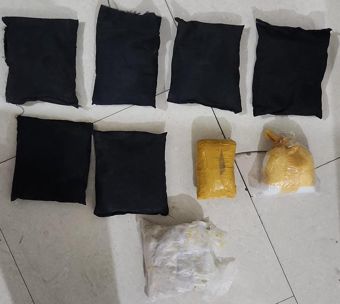
Photo for representational purpose only.
LOS ANGELES: Scientists have developed a technique that allows them to speed up or slow down human heart cells growing in a dish on command.
Researchers from University of California San Diego School of Medicine in the US operate on the heart cells simply by shining a light on them and varying its intensity.
The cells are grown on a material called graphene, which converts light into electricity, providing a more realistic environment than standard plastic or glass laboratory dishes.
“We were surprised at the degree of flexibility, that graphene allows you to pace cells literally at will,” said Alex Savchenko, a research scientist at UC San Diego School of Medicine.
“You want them to beat twice as fast? No problem - you just increase the light intensity. Three times faster? No problem - increase the light or graphene density,” Savchenko said.
The method, described in the journal Science Advances, could be used for a number of research and clinical applications.
They include testing therapeutic drugs in more biologically relevant systems, developing use-specific drugs that are more precise and have fewer systemic effects, and creating better medical devices, such as light-controlled pacemakers.
The researchers generated heart cells from donated skin cells, via an intermediary cell type called an induced pluripotent stem cell (iPSC).
Then they grew these iPSC-derived heart cells on a graphene surface.
The researchers found a way to precisely control how much electricity the graphene generated by varying the intensity of the light to which they exposed it.
Savchenko and colleagues found they could likewise control heart activity in a living organism (zebrafish embryos) using light and dispersed graphene. PTI



























